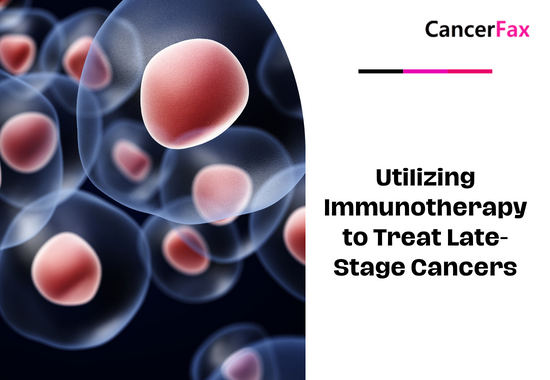Mingyang Song of Harvard Medical School and Massachusetts General Hospital reported that after diagnosis of non-metastatic colorectal cancer, ingesting more fiber will reduce the specific mortality and overall mortality of colorectal cancer. Increasing fiber intake after diagnosis can benefit patients with colorectal cancer. (JAMA Oncol. Online version on November 2, 2017).
Although it has been shown that high dietary fiber intake reduces the risk of colorectal cancer, it is not clear whether high fiber intake will benefit colorectal cancer survivors.
To assess the relationship between fiber intake and mortality, the study included 1575 patients with stage I to III colorectal cancer from two prospective cohorts; after adjusting for other potential cancer survival predictors, the colorectal cancer specificity was determined Mortality and total mortality.
Between 6 months and 4 years after the diagnosis of colorectal cancer, the researchers used a validated questionnaire on the frequency of eating to assess the total fiber intake, the amount of fiber from different sources and the amount of whole wheat.
Among the 1575 participants, 963 (61.1%) were women; the average age was 68.6 years. With a median follow-up of 8 years, 773 patients died, of which 174 died from colorectal cancer. A high total fiber intake after diagnosis is associated with a lower mortality rate. For every 5g increase in daily intake, the multivariable HR for colorectal cancer specific mortality and all-cause mortality were 0.78 (95% CI 0.65 ~ 0.93; P = 0.006) and 0.86 (95% CI 0.79 ~ 0.93) P <0 .001). According to fiber sources, cereal fiber can reduce colorectal cancer-specific mortality (for every 5 g / d increase in intake, HR = 0.67, 95% CI 0.50 ~ 0.90; P = 0.007) and all-cause mortality (HR = 0.78, 95% CI 0.68 ~ 0.90; P <0.001); vegetable fiber can reduce all-cause mortality (HR = 0.83, 95% CI 0.72 ~ 0.96; P = 0.009), but it does not reduce colorectal cancer-specific mortality (HR = 0.82, 95% CI 0.60 ~ 1.13; P = 0.22); No correlation was found between fruit fiber and mortality. Ingestion of whole wheat food can reduce the specific mortality of colorectal cancer (for every 20 g / d increase in intake, HR = 0.72, 95% CI 0.59 ~ 0.88; P = 0.002), but the correlation It will weaken after entry (HR = 0.77, 95% CI 0.62 ~ 0.96; P = 0.02).

